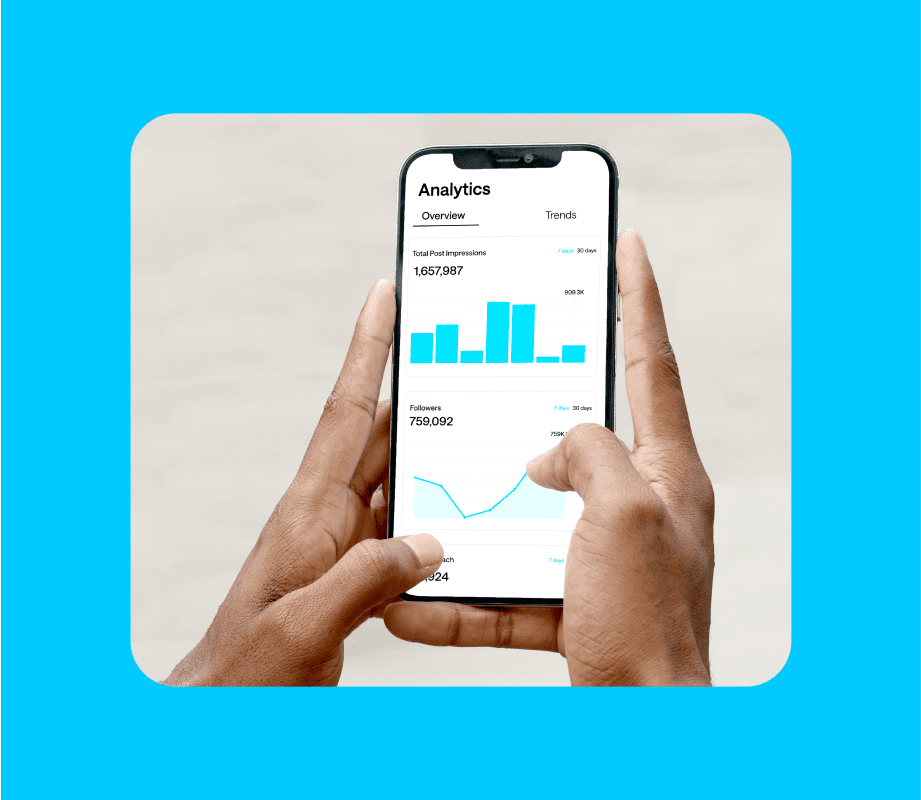Nearly a year after launching an investigation into the use of algorithmic pricing software for rental properties in Canada, the Competition Bureau announced it was dropping the investigation. However, the agency said it “remains concerned” about the use of these tools.
The Bureau launched its civil investigation in January after receiving complaints primarily related to concerns about whether landlords might be able to collude over rents by using revenue management software that can track competitors’ pricing information.
The agency said in a position statement that revenue management software products provided by RealPage Canada Inc. and Yardi Canada Ltd. “do not appear to be sufficiently widespread in Canada to substantially harm competition.”
A spokesperson for the agency said that by law it cannot provide more details than what was in the announcement.
The purpose of the Bureau’s civil investigation was to determine whether RealPage Canada and Yardi Canada abused a dominant position or engaged in anticompetitive conduct that harmed Canadian tenants. This could mean, among other things, that rents have to be increased or that vacancy rates or tenant turnover increase.
The Bureau said it investigated whether the software generated price recommendations by collecting non-public, competitively sensitive information, used its pricing algorithms to artificially inflate rents, and induced landlords to comply with (or discourage them from refusing) these price recommendations.
Headquartered in Richardson, Texas, RealPage offers several revenue management tools that help landlords set apartment prices, including its best-known legacy product, YieldStar, as well as AI Revenue Management (AIRM) and Lease Rent Options (LRO). Yardi, headquartered in Santa Barbara, California, with offices in Toronto, Saskatoon and Vancouver, offers revenue management software called Revenue IQ.
In February 2024, a class action lawsuit was filed in California state court against Yardi and some Yardi customers using Revenue IQ, but the court ruled on summary judgment that the software did not violate California antitrust and unfair competition laws.
“As a U.S. court recently concluded in dismissing claims of anticompetitive conduct, and in accordance with the Competition Bureau’s industry guidelines, Yardi’s software has never used non-public information from competitors, and by design cannot use it to recommend prices for other customers,” a Yardi spokesperson said in an email.
The spokesperson said Yardi’s software uses customers’ own real estate data and publicly available housing market information to “help apartment communities make individual pricing decisions in accordance with their own business strategies.”









